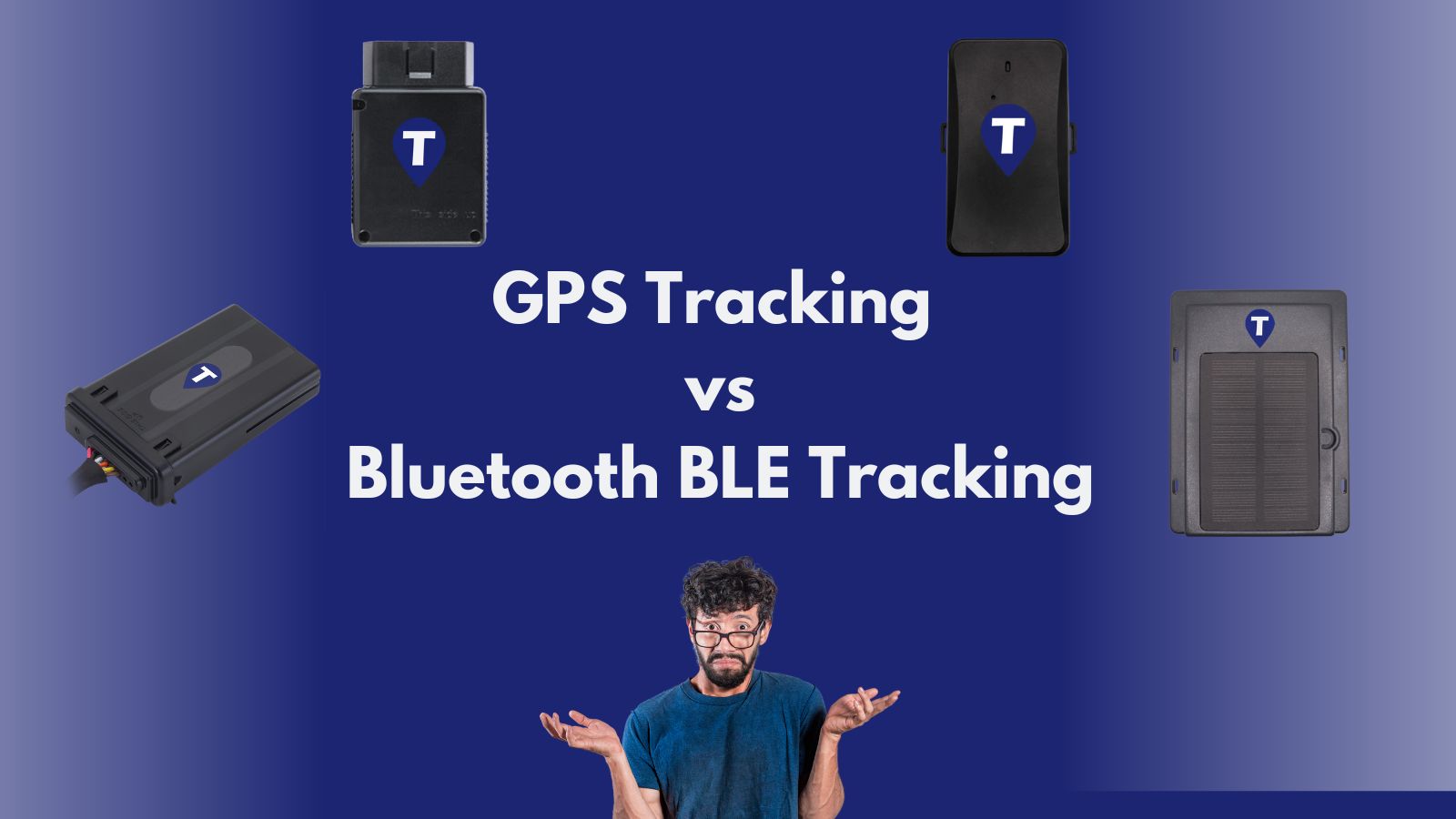By: Conrad Galambos, President, Solutions Into Motion, Operator of Trackem GPS and WhereSafe GPS
Our population is being tracked all the time. It is part of our society today, like it or not. We are tracked by video when we walk in urban areas or on private property, we are tracked on every website we browse, our location and activities are tracked by our smartphones, and we are tracked in our cars. This happens at home, at play and at work. Companies track employees in all these ways. Tracking is as guaranteed as death and taxes. But perhaps it is time that businesses be upfront about how they are tracking their employees.
Companies in Ontario with over 25 employees will now have to create a written policy made available to workers to disclose that they are being electronically tracked. Employers using computer software or hardware, cellphone or cellphone apps, GPS technologies or any other electronic means of tracking must now abide by this new law. As of October 11, 2022, these policies are to be put in place and within 30 days of that date, made public to all staff.

In this newly mandated policy document, companies will have to disclose how employees are being tracked and why they are being tracked, either at the workplace, in a company vehicle or while working from home. Since the COVID pandemic began and throngs of workers took their work home, employers have been relying on various forms of tracking to ensure continued productivity. However, with every action there is a reciprocal reaction, and in this case, it is labour fighting back for privacy rights.
Frankly, this is a good thing. Trackem GPS has been in the GPS tracking business since 2004 and has a unique perspective on this issue. From our early days, we have been telling our business clients, of all sizes, to be ‘open’ about GPS tracking with their staff. We have never changed this message.
In the infancy of commercial GPS tracking and simultaneously Trackem GPS, there was a real fear from workers about ‘big brother’ watching them. This was, in fact, a major barrier to selling GPS tracking to companies, as many businesses would get heavy resistance from their employees. Therefore, some businesses would install GPS trackers to be covert, so workers would not know about them or even tamper or uninstall them.
It is our belief that a policy of honesty from the boss’s office can go a long way in keeping employees happy and trusting of their employer. The employer needs to help educate staff about the benefits of GPS tracking and telematics technologies in company assets. It is not just about knowing where workers are, where they were or how fast they are driving (although those are key metrics for a variety of reasons). It is more about gathering key business intelligence and data. And, this tech is only getting more sophisticated, making more companies rely on the integral data, so we might as well get used to it.
Workers need to understand that GPS tracking and telematics technologies are present, what they are tracking, but also how they benefit the business. When it comes right down to it GPS and telematics are business optimization tools to provide data to business operators to find efficiencies, mitigate risk, correct behaviours, monitor fleet maintenance and more. In short, it is there to save companies money. If a company can save more money, it will make more profit and therefore, hypothetically can afford to pay employees more.
GPS tracking and telematics provides companies with a variety of data. Precise real-time location data can be used for dispatch, to allocate the closest drivers for given deliveries, as one example. Location data allows to manage, optimize and share routes with drivers. This can also be used to locate a worker or vehicle in times of emergency. And yes, it can be used to see if employees are in areas they should not be, which an employer should have a right to, while that worker is on the clock.

Monitoring data about driving behaviour, in general, is not about punishing workers for bad driving. Rather this is to help educate the company and drivers about safe and efficient driving habits, that ultimately save the company money, which should be the goal of any employee. This goes for fuel tracking as well, whereby business operators can analyze fuel and mileage data to optimize vehicles, usage and costs. These systems can also report on and remind about maintenance and repairs.
A GPS tracker can provide critical data, that can protect a worker and the company in the event of an accident. Having location, speed, acceleration, breaking, temperature, and other data leading up to, at the time of and after an accident can be used in litigation if the business is taken to court for said accident. For this reason, as well as the obvious use of GPS for theft recovery, insurance premiums on fleet vehicles are often decreased when GPS is installed. Again, resulting in substantial savings for the company.
Tracking employees is not a new thing and this new law is not going to stop it. That is not the purpose at all. The Government recognizes the need to track employees, for businesses to remain competitive and profitable. However, they also recognize the need to be more transparent and not invade the privacy of workers. Frankly, it has been a long time coming and we would expect that this type of law could well proliferate into other provinces in Canada.



